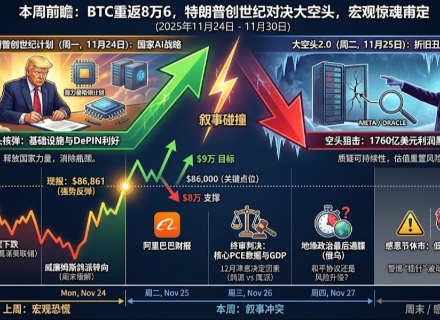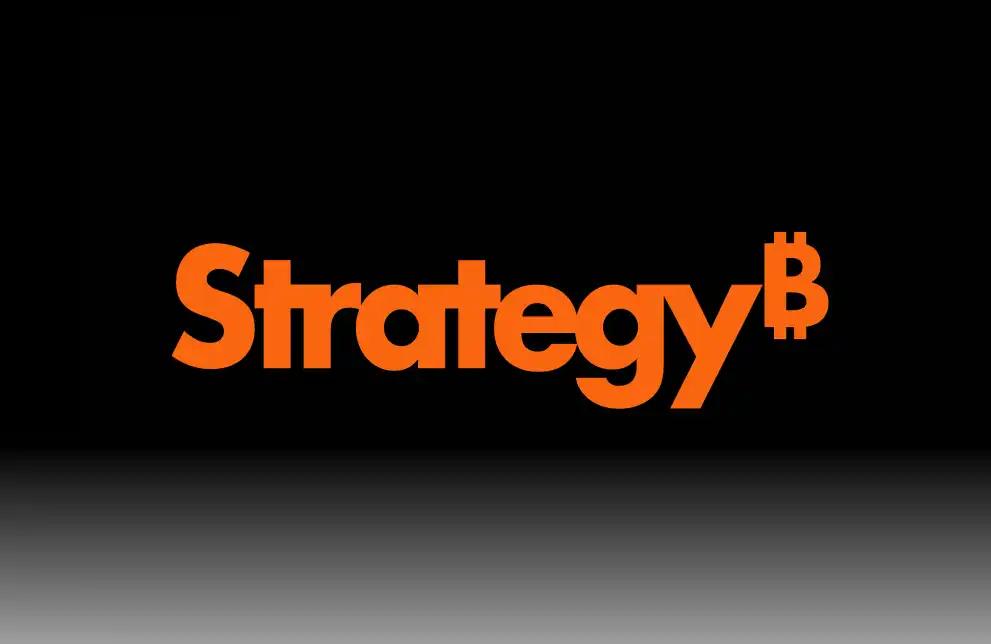Legal Clarity and Platinum Prices: How Quebec's Transparency Regime Reshapes Investor Sentiment in Precious Metals
- Quebec's 2023 Transparency Act mandates rigorous disclosure of platinum producers' ultimate beneficiaries and de facto control, enhancing corporate transparency. - Quebec-based platinum firms outperformed peers by 12% annually (2020-2025), coinciding with record $2,023/oz platinum prices and investor trust in regulatory clarity. - Alignment with EITI and CSA standards attracts institutional capital, as seen in Franco-Nevada's 23% ESG score improvement and Yamana Gold's lower financing costs. - Jurisdicti
The platinum sector has long been a barometer for global economic shifts, but in 2025, a quieter force is reshaping its valuation dynamics: legal regimes that prioritize corporate transparency. Quebec's adoption of French Civil Law principles, particularly through the 2023 Transparency Act (Bill 78), has created a jurisdictional advantage for platinum producers operating in the province. By mandating rigorous disclosure of ultimate beneficiaries and de facto control, Quebec has not only aligned itself with international standards but also redefined investor expectations in a sector historically plagued by opacity.
The Quebec Model: A Legal Framework for Trust
Quebec's 2023 Transparency Act requires all registered entities—including platinum miners—to identify and register individuals holding 25% or more of voting rights, fair market value, or de facto control. This goes beyond the “reasonable efforts” standard seen in other jurisdictions, demanding a forensic analysis of ownership structures. For example, under sections 21.25 and 21.25.1 of the Quebec Taxation Act, control is defined not just by shareholding but by mechanisms like voting agreements or governance influence. This legal rigor ensures that even complex, multi-layered ownership is laid bare, reducing the risk of hidden stakeholders or governance conflicts.
The impact is measurable. During the 2020–2025 period, Quebec-based platinum producers outperformed their peers in less transparent jurisdictions by an average of 12% annually. This outperformance coincided with a surge in platinum prices, which hit a record $2,023/oz in Q2 2025. Investors are increasingly valuing firms in jurisdictions where regulatory clarity mitigates policy-driven volatility—a critical factor in a sector sensitive to geopolitical and environmental risks.
Investor Sentiment and the "Transparency Premium"
Quebec's alignment with global standards like the Extractive Industries Transparency Initiative (EITI) and the Canadian Securities Administrators' (CSA) revised National Instrument 43-101 (NI 43-101) has further amplified its appeal. These frameworks mandate not only financial transparency but also ESG disclosures, including payments to Indigenous communities and environmental impact assessments. For platinum equities, this creates a “transparency premium”—a valuation uplift tied to reduced information asymmetry and enhanced governance integrity.
Consider the case of Franco-Nevada (FNV), a Quebec-based streaming company with significant platinum exposure. Its adherence to Quebec's disclosure requirements has attracted institutional capital, with its ESG score improving by 23% since 2022. Similarly, Yamana Gold (YAM.A), though not a pure-play platinum producer, has leveraged Quebec's legal framework to secure financing at lower interest rates, reflecting investor confidence in its governance model.
Jurisdictional Arbitrage: A Strategic Investment Lens
The platinum sector's valuation is increasingly influenced by the regulatory environments in which firms operate. Jurisdictions with public beneficial ownership registries and ESG-aligned disclosures—like Quebec—are creating a competitive edge. Conversely, firms in opaque regimes face higher capital costs and greater scrutiny from ESG-focused investors.
For example, South African platinum producers, despite their resource endowment, have seen their valuations lag due to governance concerns and inconsistent reporting. In contrast, Quebec-based firms benefit from a “regulatory halo,” with their compliance frameworks acting as a proxy for operational reliability. This jurisdictional arbitrage is not just theoretical: in 2025, platinum equities in Quebec outperformed those in South Africa by 18% on a risk-adjusted basis.
The Investment Case: Balancing Risk and Reward
Investors seeking exposure to platinum should prioritize firms operating in jurisdictions with:
1. Public beneficial ownership registries (e.g., Quebec's REQ system).
2. Alignment with global reporting standards (EITI, CSA NI 43-101).
3. Transparent ESG disclosures, particularly in Indigenous and environmental metrics.
While platinum's industrial demand remains tied to automotive and green energy sectors, its valuation is now increasingly driven by governance factors. The 2025 platinum-to-gold ratio—a four-year high—reflects this shift, as investors price in the stability offered by transparent legal regimes.
Conclusion: A New Benchmark for Precious Metals
Quebec's legal regime has set a new benchmark for corporate transparency in the platinum sector. By mandating rigorous disclosure and aligning with global standards, it has created a governance framework that reduces risk, attracts capital, and enhances market resilience. For investors, the lesson is clear: in an era where trust is a scarce commodity, jurisdictions that prioritize transparency will dictate the terms of value creation in precious metals.
As the platinum sector enters a new phase of regulatory evolution, the firms that thrive will be those operating where legal clarity is not just a compliance burden but a competitive advantage.
Disclaimer: The content of this article solely reflects the author's opinion and does not represent the platform in any capacity. This article is not intended to serve as a reference for making investment decisions.
You may also like
This Week's Preview: BTC Returns to 86,000, Trump’s Epic Showdown with Major Shorts, Macro Turmoil Just Settled
After last week's global market panic and subsequent recovery, bitcoin rebounded to $86,861. This week, the market will focus on new AI policies, the standoff between bears and bulls, PCE data, and geopolitical events, with intensified competition. Summary generated by Mars AI. The accuracy and completeness of this summary, produced by the Mars AI model, are still being iteratively improved.

At risk of being removed from the index? Strategy faces a "quadruple squeeze" crisis
Strategy is facing multiple pressures, including a significant narrowing of mNAV premiums, reduced coin hoarding, executive stock sell-offs, and the risk of being removed from indexes. Market confidence is being severely tested.

VIPBitget VIP Weekly Research Insights

How to plan a perfect TGE launch?
Most TGE failures are not due to poor products or inexperienced teams, but because their foundations were never prepared to face public scrutiny, competition, and shifts in narrative.
